Brazilian prosecutors have filed a lawsuit against Chinese electric vehicle manufacturer BYD and two of its contractors, alleging responsibility for human trafficking and labor conditions described as “analogous to slavery” at a factory construction site in the state of Bahia.
The Public Labour Prosecutor’s Office (MPT) in Bahia initiated an investigation following an anonymous complaint, which led to the rescue of 220 Chinese workers from the site in the city of Camaçari. The lawsuit seeks 257 million Brazilian reais (approximately $45.5 million) in damages from BYD, China JinJiang Construction Brazil, and Tecmonta Equipamentos Inteligentes Brasil Co.
Authorities halted construction of the factory in late 2024 after discovering workers living in cramped and unhygienic conditions. According to the MPT, some workers slept on beds without mattresses, and one toilet was shared by 31 people. Additionally, it was reported that passports were confiscated, employment contracts contained illegal clauses, working hours were excessive, and weekly rest periods were not provided. Prosecutors also allege that up to 70% of workers’ salaries were withheld and that high fees were imposed to terminate contracts.
“Slave-like conditions” under Brazilian law refer to work situations involving debt bondage or practices that violate human dignity. The construction site in Camaçari was scheduled to be BYD’s first electric vehicle plant outside Asia, with operations planned to begin in March 2025.
BYD, one of the world’s largest electric vehicle manufacturers, has been expanding its presence in Brazil—its largest overseas market. The company opened a factory in São Paulo in 2015 producing chassis for electric buses.
In a statement, BYD reaffirmed its “zero tolerance for violations of human rights and labour laws” and said it has been cooperating with the investigation. The company also highlighted its commitment to respecting Brazilian labor laws and international standards. Previously, BYD denied allegations of poor working conditions, suggesting such reports were aimed at “smearing” China and Chinese companies.
Labor unions and independent media had raised concerns about safety and working conditions at the construction site as early as February 2024, including reports of workplace accidents. Following the rescue operation in December, BYD announced it had cut ties with one of the contractors, JinJiang Construction Brazil. Despite ongoing legal challenges, the company has maintained its goal of starting production by the end of 2025, with an initial planned capacity of 150,000 vehicles per year, set to increase to 300,000 units over the next two years.
The lawsuit demands that BYD and its contractors comply with Brazilian labor laws, cease practices related to human trafficking and slave labor, and provide individual damages to affected workers. These damages include payment of withheld wages, severance, and compensation valued at 21 times the workers’ contractual salaries for the period they were subjected to poor conditions.
BBC, the Associated Press, and Bloomberg contributed to this report.
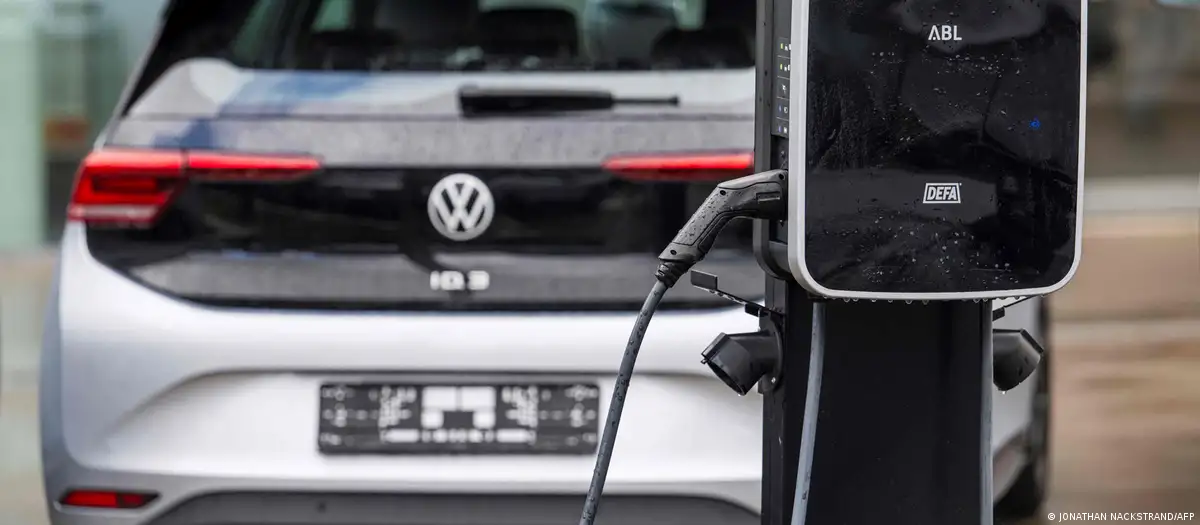
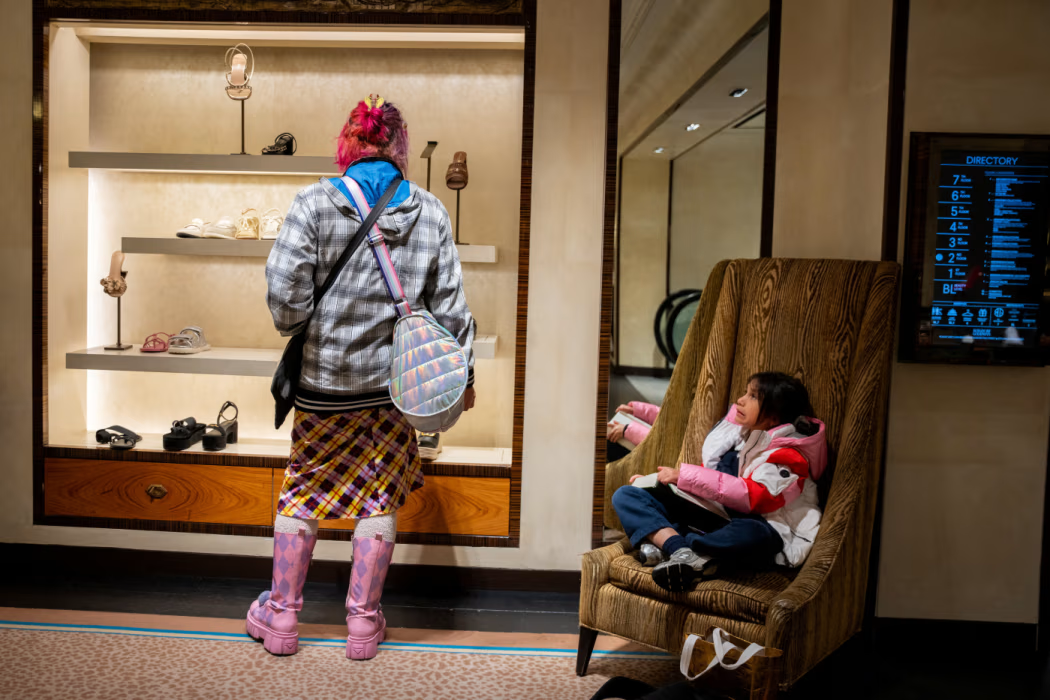
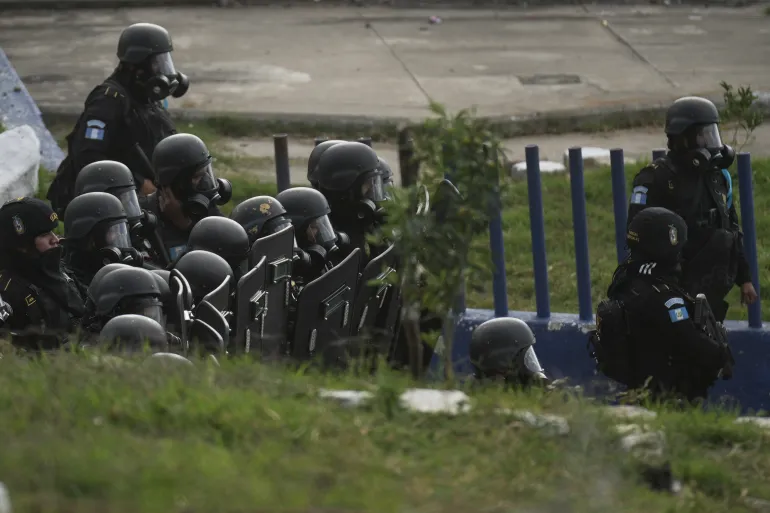
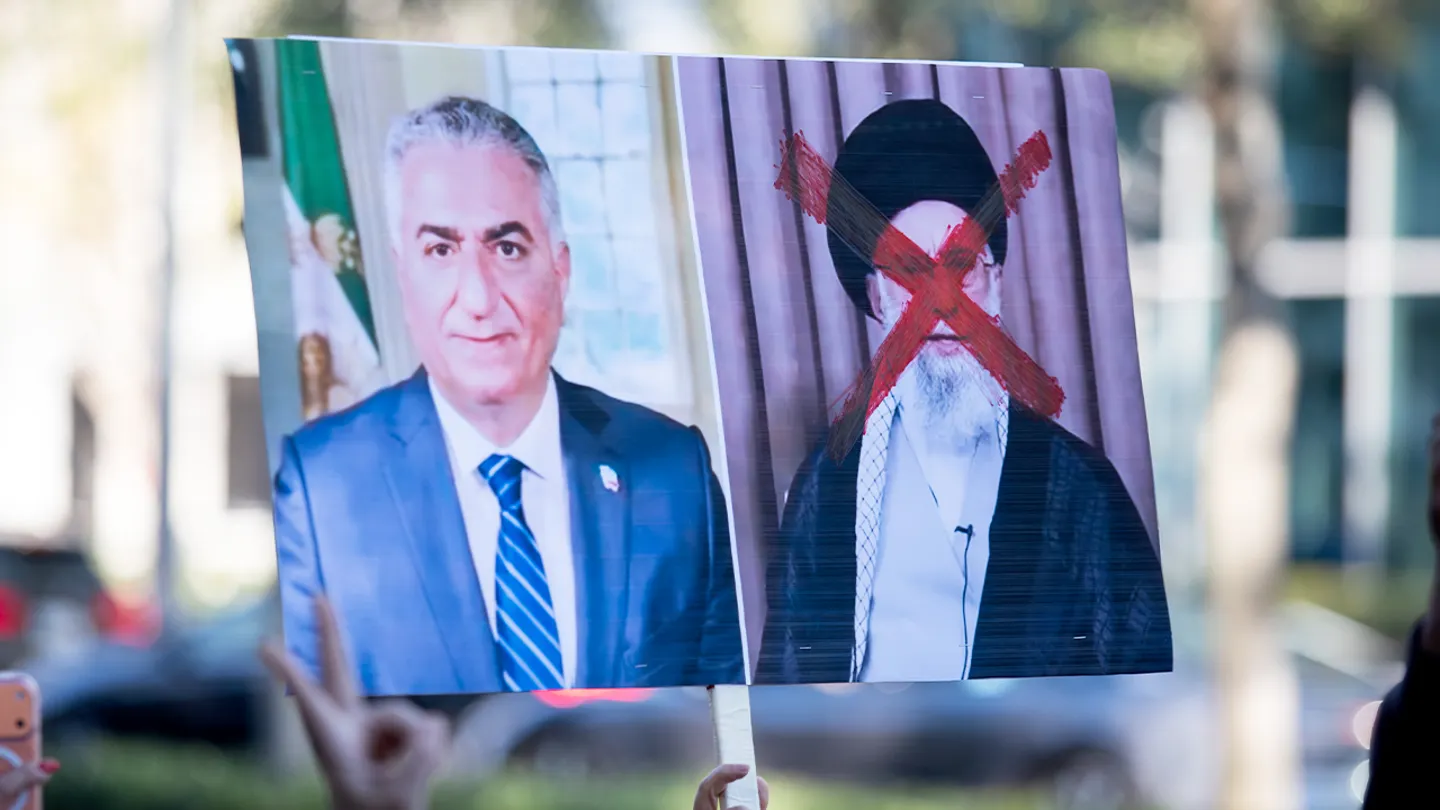

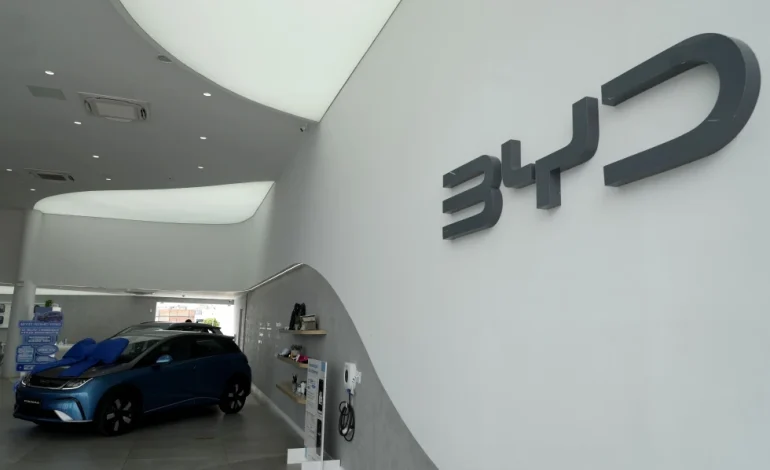




The latest news in your social feeds
Subscribe to our social media platforms to stay tuned